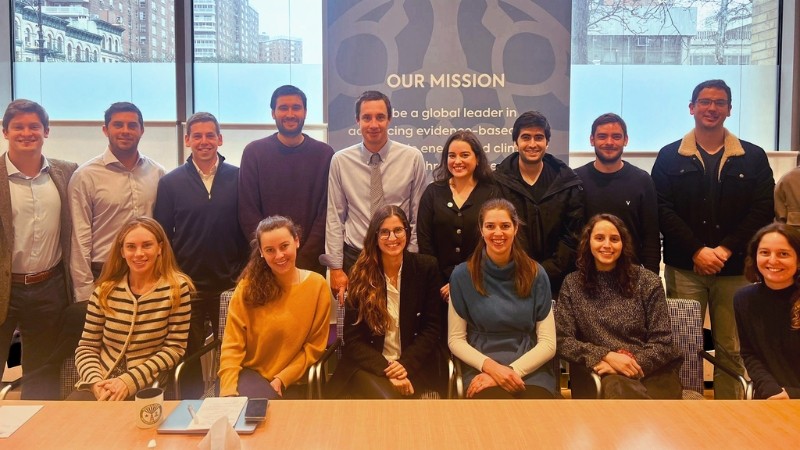
Jobet is a former Minister of Mining and Energy and current Distinguished Visiting Fellow at the Center on Global Energy Policy.
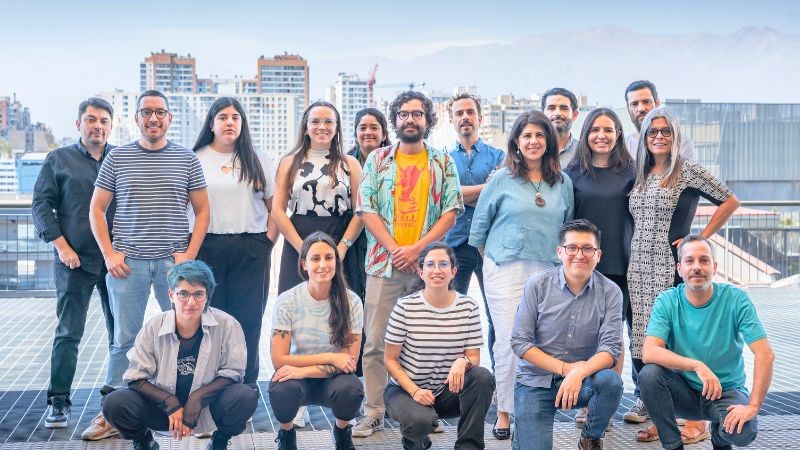
The course was a collaboration between the J-School, UDP, CGC Santiago, and the Latin American Center for Investigative Journalism (CLIP).
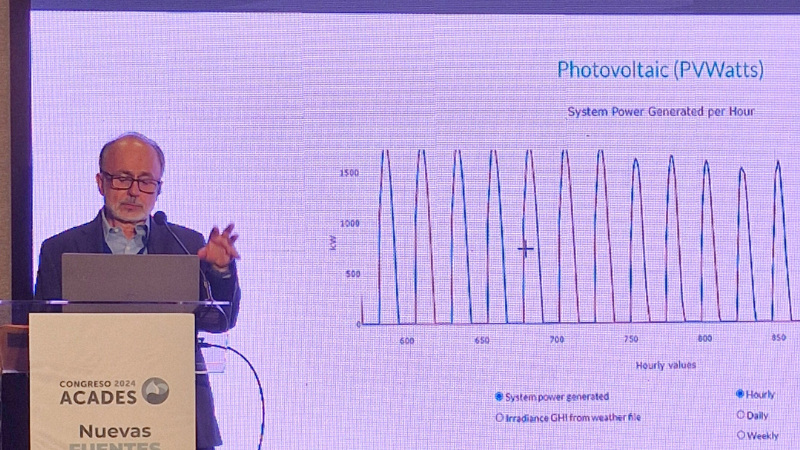
He presented the tool during the Chilean Association of Desalination and Reuse (ACADES) congress, attended by more than 500 participants.
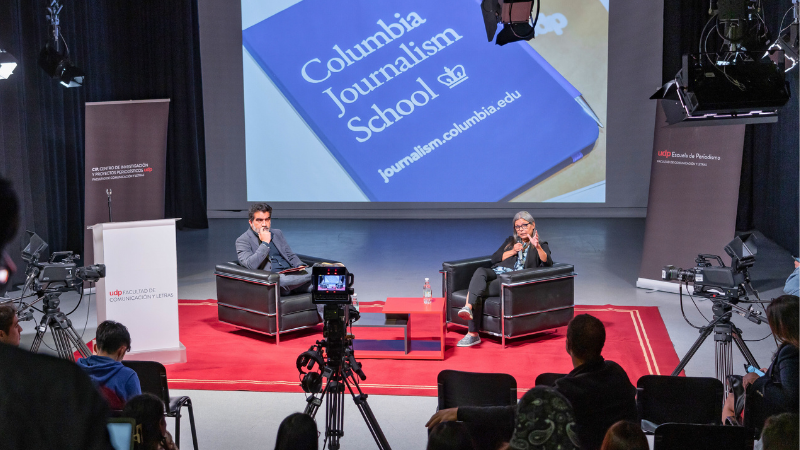
The event kicked off the academic year at Universidad Diego Portales' Journalism School.
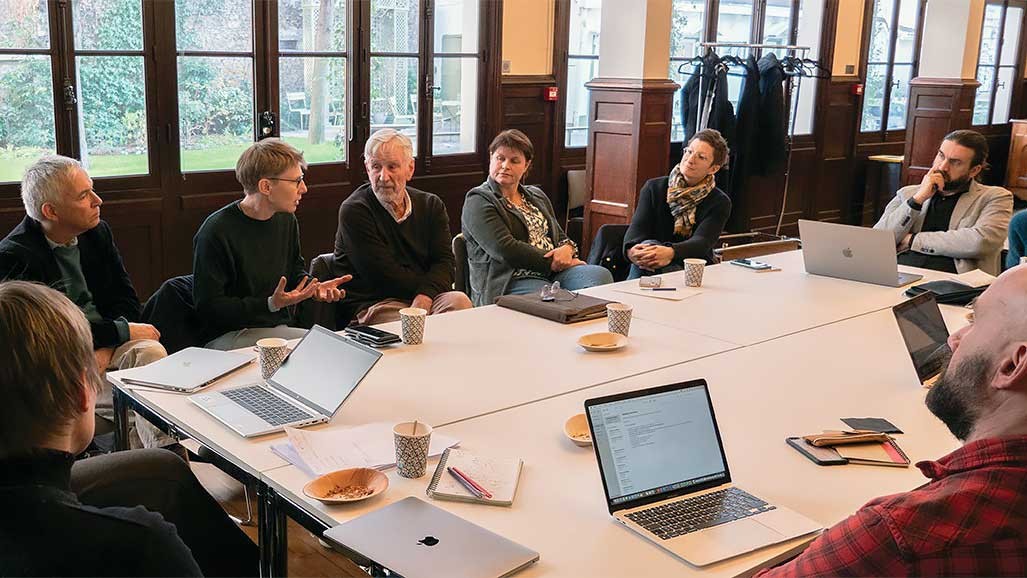
The Paris Center will function as an international hub for future collaborative projects under the direction of Columbia faculty.
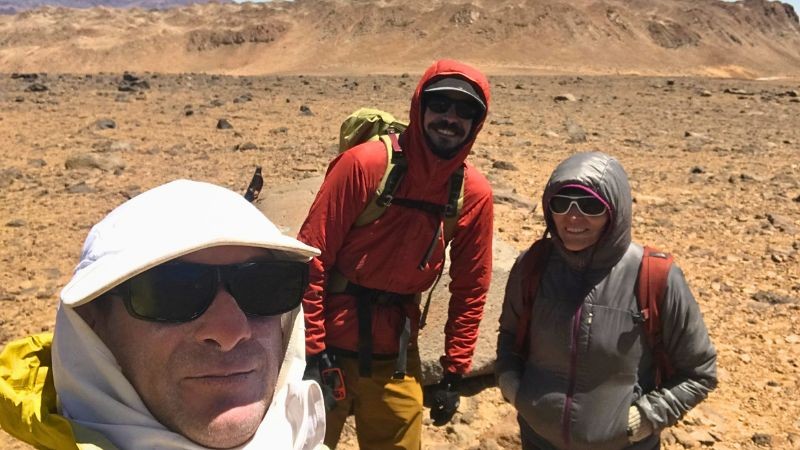
Along with a team of researchers, Mike Kaplan recently conducted fieldwork in the north of the country.
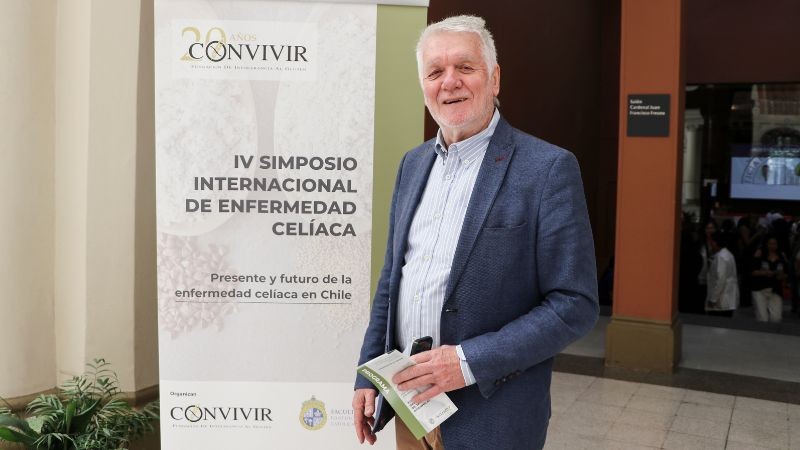
The event was organized by Fundación Convivir and Universidad Católica's School of Medicine with the collaboration of the Santiago Center.

The Santiago Center, SIPA’s CGEP, and Universidad Adolfo Ibáñez’ Business School led a roundtable to address the region’s complexities.
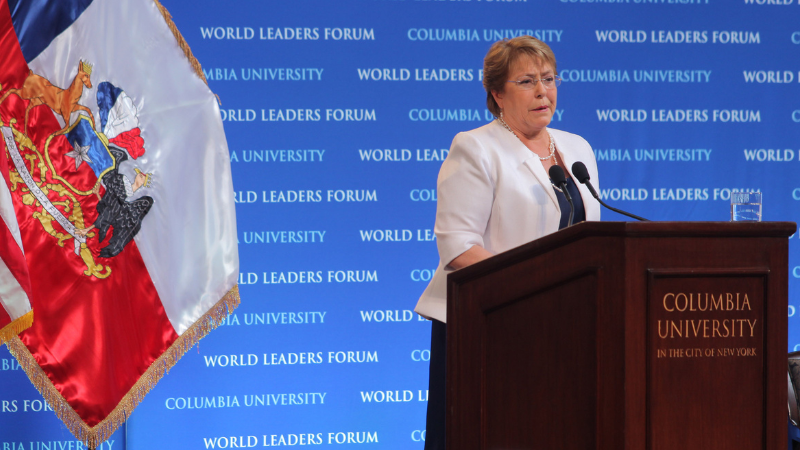
The Institute, chaired by former Secretary Hillary Clinton, is a hub to connect leading policymakers, political leaders, and scholars.
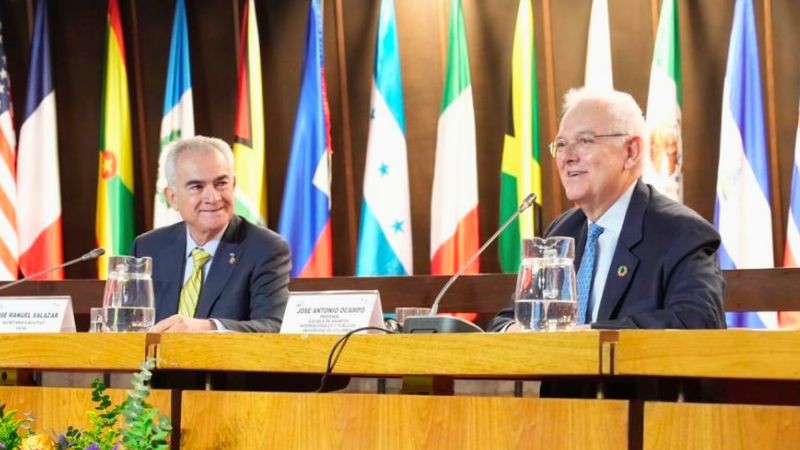
Columbia Prof. José Antonio Ocampo suggests "profound reforms" to the international financial system
Ocampo called for reforms of global, regional and subregional support networks to generate greater impact in developing countries.
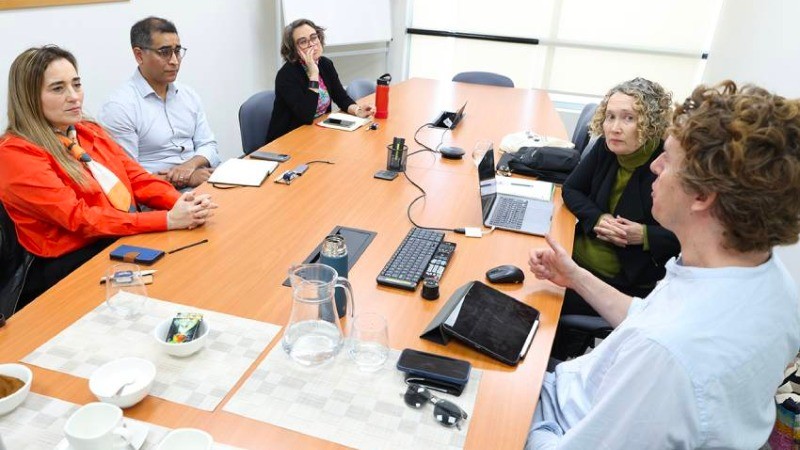
The goal is to expand on the exchange program with the University's Research Center on Society and Health.
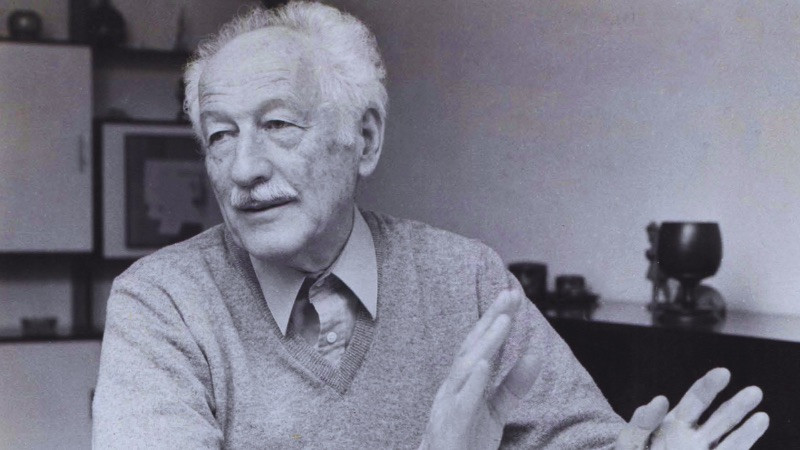
Thanks to the efforts of Columbia faculty, Kirberg managed to escape the Pinochet regime and start over as a free man.